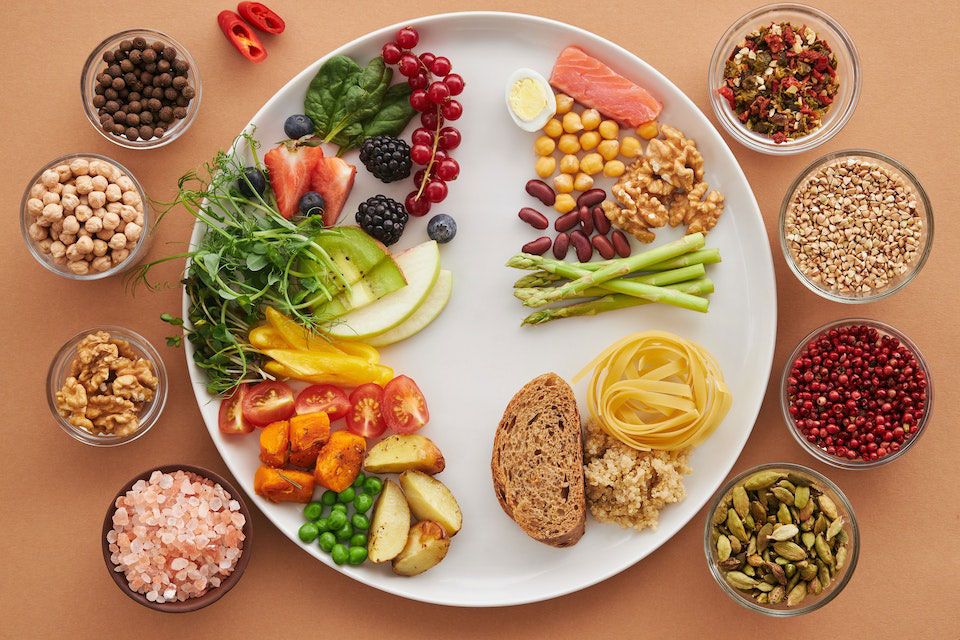Introduction
Taking care of your gums and teeth is much more than simply brushing and flossing. Diet is an important factor in oral health. Eating the right foods can help strengthen teeth and gums, and ward off dental problems. This article discusses foods that help maintain the health teeth and gums.
Calcium-Rich Foods
Adequate calcium is important for strong teeth and bones. It protects against the decay and helps preserve tooth enamel.
Dairy Products: Milk, cheese, and yogurt are sources of calcium. Cheese is also a saliva-producer, which helps rinse the mouth.
Leafy Greens: Calcium, which is a major nutrient needed to keep your teeth and gums healthy can be found in veggies like Kale, broccoli and collard greens.
Almonds: Rich in calcium and protein, almonds help keep your teeth and gums healthy.
Phosphorus Sources
Phosphorus plays a role in building strong bones and teeth with calcium.
Fish: Cold water fish like salmon and sardines are high in phosphorus and omega-3 fatty acids, which promote gum health.
Eggs: Phosphorus and protein in eggs are necessary for preserving the structure of teeth.
Poultry- Chicken and turkey are a great source of phosphorus, which helps to form healthy teeth.
Vitamin C for Healthy Gums
Your gum health is very important and vitamin C play a huge role in that. It prevents gum inflammation and aids in tissue repair.
Citrus Ounces: Vitamin C that we therefore mainly see in berries, oranges, lemons and grapefruits also triggers the synthesis of sugar in the musculature of the mouth.
Berries: Contain vitamin C and antioxidants, which help grow your gums.
Bell Peppers: Red, in particular, have a high vitamin C content so go for red bells which are good for gum repair and health.
Vitamin D for Absorption
And calcium and phosphorus are important for our bodies. Vitamin D is necessary for calcium and phosphorus to be absorbed.
Fatty and Oily Fish: Salmon and mackerel are high in Vitamin D, which helps to absorb calcium to keep teeth strong.
Fortified Foods: A few types of milk, juice and cereals have added vitamin D to help develop and keep teeth healthy.
Egg Yolks: Rich in Vitamin D, which helps in the utilization of calcium for healthy teeth and gums.
Crunchy Fruits and Vegetables
Crunchy fruits and vegetables can clean teeth and massage and help to maintain healthy gums through scrubbing action.
Apples: Often referred to as nature’s toothbrush, apples clean teeth and also help stimulate gums.
Carrots: Fibrous and full of water, they help increase saliva production, which clears food from the mouth.
Celery: Functions as a built-in toothbrush, scraping food particles and stimulating saliva.
Polyphenol-Rich Foods
Some Food and Beverages with Polyphenols Can Suppress Bad Bacteria and Assist in Gum Health
Tea: It has polyphenols that help to hamper bacteria growth and decrease gum inflammation.
Cranberries: Helps prevent bacteria from adhering to your teeth, staving off cavities and gum disease.
Dark Chocolate: In limited doses, it has polyphenols which are believed to stunt oral bacteria.
Foods High in Magnesium
This article contains references to products from one or more of our advertisers.
Nuts and Seeds: Cashews, pumpkin seeds and almonds are high in magnesium, and we need magnesium for healthy teeth.
Whole Grains: brown rice and whole wheat bread are nutrients for oral health, including magnesium.
Avocados: They provide magnesium, as well as healthy fats, and contribute to overall and all-around wellness.
Water and Hydration
Hydration is also essential for oral health. Water also washes away food particles and bacteria.
Fluoride Water: Fluoride added to our drinking water makes teeth stronger and protects against decay.
Cucumber Water: Cucumber infused, it gives you hydration and a light refreshing flavor.
Herbal Teas: Unsweetened herbal teas can help with hydration and won’t add to your sugar consumption, which would be beneficial to oral health.
Conclusion
A diet that is rich in calcium, phosphorus, vitamin C and vitamin D plus other nutrients can help make sure that gums and teeth remain in good condition. Further oral health benefits are obtained by eating crunchy fruits and vegetables, as well as polyphenol-containing foods, and by maintaining adequate hydration. People can help maintain their dental health and prevent problems like cavities and erosion, simply by making smart nutritional decisions.

